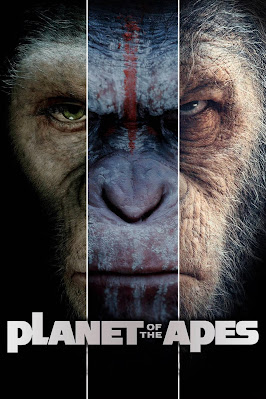Tuesday, October 27, 2020
RETROSPECT: "The Secret of NIMH" and Processing Scary "Kids" Movies of Our Youth
Sunday, October 25, 2020
REVIEW: "Robin Williams: Come Inside My Mind"
It's been over six years since my generation and I mourned the death of Robin Williams. And honestly, it's hard to write about anything that hasn't already been said about this comedy legend who took his own life in August of 2014. In many ways, he was and still is an incredible influence, with his mastery of improvisation and his deeply sensitive vulnerability. And though he is greatly missed, he continues to make us laugh and endear us with the many comedic and cinematic contributions he made, whether as a spaceman from Ork, a radio DJ in Vietnam, an inspiring poetry professor, a British nanny, or a shape-shifting Genie. "Inside the Actors Studio" host James Lipton once described Williams as "like trying to catch lightning in a butterfly net."
I recently came across an insightful 2018 documentary on the HBO Max streaming service: director Marina Zenovich's Robin Williams: Come Inside My Mind. Though equally outrageous, profane, and heartbreaking (and this doc does contain adult language and sexual references, and a brief scene of male nudity), it also offers an in-depth, raw, and humble look at the complex life and career of the iconic funnyman. Zenovich chronicles Williams' rising fame as well as his struggles with drugs, alcohol, his marriages, using humor to cope with feelings of isolation, and mental health (including his final days where he was diagnosed with early-onset Parkinson's). I'm reminded of something comedian Bob Saget said a few years back: "Success in show business doesn't always create the best version of people."
Featuring clips from various talk shows, sitcoms (including various improvisational outtakes), films (even as he transitioned into darker, more serious roles, he was still a hoot off camera), and stand-up routines, this story is told mostly from archival recordings of interviews from the man himself, plus present-day appearances from his family, close friends, and fellow comedians like Billy Crystal, Whoopi Goldberg, and Steve Martin. The result is hysterical, crass, and genuine. There will never be another like the one, the only, Robin Williams.






